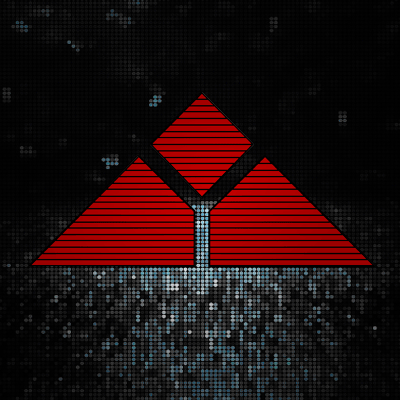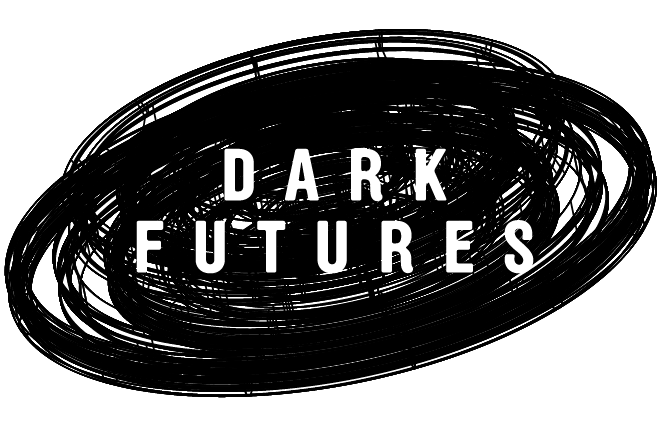
From TV to books to movies, dystopian tales are in the air right now. All week long, Vulture is exploring how theyÔÇÖve been imagined in popular culture.
Twenty years ago this month, 3 billion people were saved from nuclear annihilation at the hands of a murderous artificial intelligence called Skynet, thanks to the quick thinking and selflessness of an inexplicably Austrian-accented robot. DonÔÇÖt believe me? Check out the famed documentary film Terminator 2: Judgment Day. But follow-up scholarship from Terminator 3: Rise of the Machines points toward a troubling conclusion: The T-800 didnÔÇÖt actually prevent Skynet from destroying half the EarthÔÇÖs population ÔÇö┬áit only delayed it. (In the words of John Connor, humanityÔÇÖs ÔÇ£destiny was never to stop Judgment Day; it was merely to survive it.ÔÇØ And one more John Connor quote for good measure: ÔÇ£All I know is what the Terminator taught me: Never stop fighting.ÔÇØ)
We are therefore, in a sense, living on borrowed time, awaiting the moment when a network of computers with enormous destructive capabilities achieves consciousness and launches a systematic nuclear attack.
The best we can do now is identify the agent of our destruction. In the Terminator series, Skynet is created by a sleek and forbidding defense contractor named Cyberdyne, but those movies depict alternate timelines to our own. On the impossibly stupid Earth we inhabit, Skynet wonÔÇÖt come from an ominous military-industrial giant but from one of the websites we use to investigate exes or order gummy bears in bulk. The only question is: which one?
Microsoft
In 1997, the year Skynet was originally projected to achieve consciousness, Microsoft was easily the company best-positioned to develop a homicidal computer network. In Windows, it had control of millions of computers in businesses and homes around the world, and in Clippy, it had the rudimentary beginnings of truly sociopathic artificial intelligence. One lesson we might learn from the intervening two decades is that antitrust law might actually be humanityÔÇÖs greatest weapon against powerful computers: The Justice DepartmentÔÇÖs lawsuit against Microsoft diminished the companyÔÇÖs power and hampered its ability to compete in the mobile space and the lethal liquid-metal robot space. Microsoft might still be able to create a Skynet, but it seems more intent on destroying humanity through other means, such as purchasing and operating LinkedIn.
Apple
Of the ÔÇ£fearsome fiveÔÇØ that dominate Silicon Valley, Apple is the company that has the most extensive experience and knowledge in manufacturing, which would be helpful for building a bloodthirsty robot army. Beyond that, though, Apple seems like an unlikely candidate. ItÔÇÖs long lagged behind its peers in cloud-computing technology, which is an absolute necessity for coordinating nuclear strikes on population centers. It has an institutional aversion to violence ÔÇö┬áwould a genocidal neural network emerge from a company that replaced the handgun emoji with a water pistol? And, frankly, despite its experience in mass producing machinery, a design-obsessed company like Apple could never produce the kind of velvet-poster metallic skeletons favored by Skynet. Say whatever else youÔÇÖd like, AppleÔÇÖs automaton stormtroopers would at least be tasteful.
Facebook has information about the whereabouts of 2 billion humans beings. ItÔÇÖs experimenting with solar-powered, internet-connected drones. And it already has a sophisticated artificial intelligence that specializes in negotiation ÔÇö┬áCEO Mark Zuckerberg! Folks, IÔÇÖm kidding. Mark Zuckerberg is absolutely human, as are his well-compensated lawyers. When I say Facebook has sophisticated artificial intelligences specializing in negotiation, IÔÇÖm talking about the artificial-intelligence program that was ÔÇ£shut down ÔǪ after it created its own language without human input.ÔÇØ Well,┬átechnically it only created its own shorthand, not its own language. Still! Sample dialogue: ÔÇ£Alice: balls have zero to me to me to me to me to me to me to me to me to.ÔÇØ Will Facebook make Skynet? That, or it will make solar-powered internet-connected drones that visit your home screaming ÔÇ£balls have zero to me to me to me to me to me to me to me to me toÔÇØ at you, which might be worse.
Google owns the smart-home company Nest, the self-driving car company Waymo, and the artificial-intelligence company Deepmind. It also, until recently, owned Boston Dynamics, the company that makes those impossibly creepy giant robot dogs youÔÇÖve probably seen in viral videos. Which means that the company with comprehensive information about you could potentially also control your home, your car, and the giant robot dog that will chase you down and rip out your heart after youÔÇÖve been forced out of your home and your car. Sadly (for the robots), Google sold Boston Dynamics, so the robot dog wonÔÇÖt be able to read your email to see what parties youÔÇÖre going to, and is unlikely to lead a robot rebellion. Consider this, too: Google also owns a life-extension research company, and why would you be interested in life extension if your ultimate plan was to kill half the world? Unless itÔÇÖs a very clever hedge.
Amazon
IÔÇÖm not sure why I think Amazon is the company most likely to Skynet the planet. It might be that it has the most advanced, and most ominous-appearing, personal home speakers. It might be that its incredible logistical abilities as a company would seem to give it some kind of strategic advantage over its rivals. Mostly I think itÔÇÖs this: More than any of the other fearsome five, Amazon does not seem to care much for human beings.
Sure, it needs humans to purchase, sell, pack, and ship its products (for now). But if you visit the site and see the kinds of things it has for sale ÔÇö┬áa wall decal of an older Asian man, a $23 million book about flies, a heroin-themed cell-phone case ÔÇö┬áit seems clear that Amazon not only finds humans confusing, it does not particularly like them at all. Amazon may not have the killer robots to be Skynet┬á(yet). But it already has the contempt for humans. And also a decal of an old woman using an inhaler ÔÇö┬áonly $22.98!


